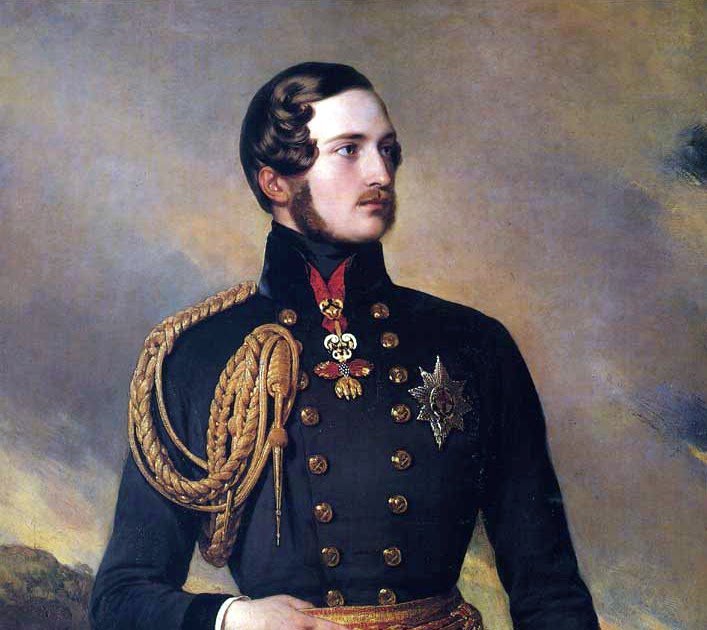
Coca-Cola designed the modern Santa Claus as part of an advertising campaign
This is one you always hear at dinner parties. It makes the speaker sound rather clever and cynical. Except it’s tosh. Coca-Cola did start using Santa in advertising in 1933. But Santa had been portrayed almost exclusively in red from the early 19th century and most of his modern image was put together by cartoonist Thomas Nast in the 1870s. Even if you were to confine your search to Santa in American soft drinks adverts, you would find a thoroughly modern Santa Claus in the posters for White Rock that came out in 1923.

Jingle Bells is the essence of Christmas
Except it’s not. Jingle Bells was written by James Pierpont in 1857. Pierpont was American and the song (originally called One Horse Open Sleigh) is about Thanksgiving, and about winter fun and frolics more generally. How un-Christmassy it is can be gleaned from the other verses, which never make it into a British carol concert. Verse two goes like this:
A day or two ago
I tho’t I’d take a ride
And soon Miss Fannie Bright
Was seated by my side.
The horse was lean and lank
Misfortune seemed his lot
He got into a drifted bank
And we – we got upsot.
.jpg)
The Bible tells us there were three wise men
No, it doesn’t. Matthew 2:1 tells us that “when Jesus was born in Bethlehem of Judaea in the days of Herod the king, behold, there came wise men from the east to Jerusalem”. Did you notice the word “three”? Nor did I. They brought gifts with them: “they presented unto him gifts; gold, and frankincense and myrrh”; yet the Bible never says how many magi there were, only that they were plural. There could have been two or 200. Magi, by the way, were Zoroastrians. There were believed to be well-versed in mysterious arts, hence our modern word “magic”.
.jpg)
Christmas is just a Christian version of the Roman festival of Saturnalia
Saturnalia was originally held on 17 December. Later it was expanded until it lasted all the way up to 23 December. But it never shared a date with Christmas. There was a Roman festival on 25 December, the festival of Sol Invictus. But there were Roman festivals on most days of the year (more than 200 of them) and Sol Invictus is not recorded before Christmas and neither it nor Saturnalia have much in common with it.
.jpg)
Good King Wenceslas
That name is only three words long and there are two problems with it. Though Wenceslas existed, he wasn’t a king and he wasn’t called Wenceslas. His name was Vaclav and he was duke, not king, of Bohemia (in the modern-day Czech Republic) in the 10th century. He may have been good. However, it’s equally likely that people looked back on him with rose-tinted glasses after he was succeeded by his brother, Boleslaus the Cruel. Boleslaus really earned his name, not least by killing Vaclav to take the throne. Soon, legends of Vaclav’s goodness had grown so popular that he was posthumously declared king by Otto the Great.
.jpg)
Kissing under the mistletoe comes from the Vikings
The story goes that after the Norse god Baldr was killed by an arrow made of mistletoe, his mother, the unfortunately named goddess Frigg, swore that the plant should never harm anybody else and that instead it should encourage kissing. This, though, isn’t found anywhere in Norse mythology. Well, the mistletoe arrow is, but Frigg’s response has nothing to do with kissing and everything to do with torturing Baldr’s killer for all eternity. Mistletoe is an English tradition. It seems to have been little-known in 1719, when Sir John Colebatch wrote a whole book on the plant and the customs associated with it. But it was well-known enough in 1786 to appear in a popular song from the now-forgotten musical Two to One.
.jpg)
Christmas starts earlier every year
There’s nothing in the Bible about the date of Jesus’s birth, but the earliest calculation, made in the second century, reckoned it was in March. So we’re nine months late on the whole.
.jpg)
Hark the Herald Angels Sing
That’s not the first line of the hymn; that’s not even a line of the hymn, at least according to the man who wrote it. Charles Wesley wrote a hymn that began “Hark how all the welkin rings/Glory to the king of kings”. Another preacher called George Whitefield then published a version with the line we all know now. Wesley responded by saying that people were welcome to republish his hymns “provided they print them just as they are. But I desire they would not attempt to mend them; for they really are not able.”

Advent begins on 1 December
Advent begins on the nearest Sunday to St Andrew’s Day on the 30 November. So, this year, Advent began on 27 November. The idea that it starts on the same day every year was put about by the manufacturers of Advent calendars, so that they could use the same design each year and sell off old stock.

Prince Albert invented the Christmas tree (or at least imported it to Britain)
This one would have surprised Queen Victoria, who had a Christmas tree as a child. So did the sizeable German immigrant population in Manchester in the early 19th century. Victoria and Albert popularised the Christmas tree when they were pictured with one in the Illustrated London News in 1848.
There was one Christmas tree recorded in England in 1444, but nobody knows what it was doing there.
Hi! I am a robot. I just upvoted you! I found similar content that readers might be interested in:
https://www.theguardian.com/lifeandstyle/2016/dec/21/coca-cola-didnt-invent-santa-the-10-biggest-christmas-myths-debunked
Congratulations @gorillamorals! You received a personal award!
You can view your badges on your Steem Board and compare to others on the Steem Ranking
Vote for @Steemitboard as a witness to get one more award and increased upvotes!